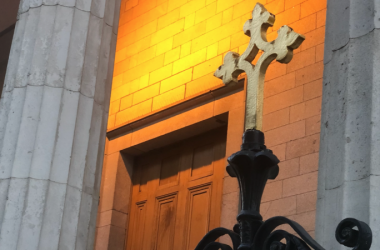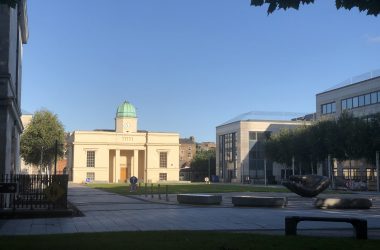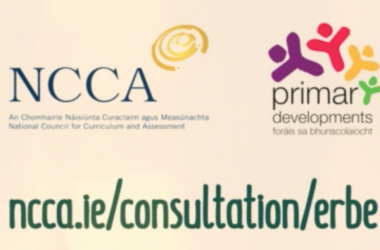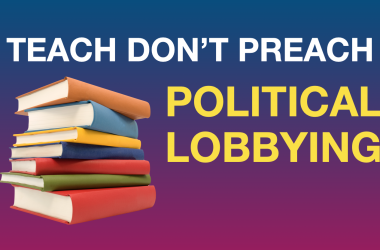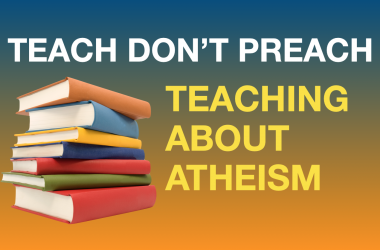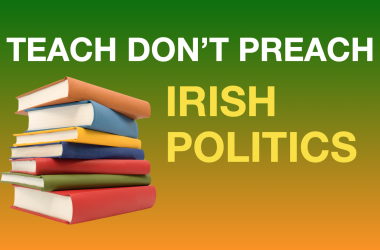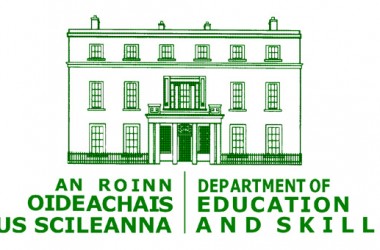NCCA removes names of Religious Education Reference Group members from its website
The syllabus Religious Education Course was updated in 2019. The NCCA recently removed from its website the names of the Religious Education Reference Group members who shaped the course. In the interests of transparency, we have published their names below. This Religious Education Reference Group was heavily influenced by religious ...
Four in ten marriages now secular, yet schools still evangelise their children
In 2019, four in every ten marriages in Ireland were non-religious. More people are making the decision that religion is not relevant to their life, and ensuring that the significant occasions in their lives are not celebrated and recognised by religion. While this shift was taking place Church and State ...
NCCA report confirms that ERB and Ethics course will not meet human rights standards
The National Council of Curriculum and Assessment has published its long-awaited report regarding the proposed course on Education about Religions, Beliefs and Ethics. The Report vindicates the analysis of Atheist Ireland that any new course on ERB and ethics cannot be implemented in accordance with the Constitution and Human Rights ...
Legal barriers will subvert proposed NCCA course on Religions, Beliefs and Ethics
The National Council for Curriculum and Assessment (NCCA) has launched a consultation about introducing a new course in Irish Primary Schools called Education about Religions and Beliefs and Ethics (ERBE). At first glance this seems like a step forward, but on further examination it cannot be, unless there are also legal changes, and the ...
The state Religious Education course at second level
At the heart of the objections of atheists/secularists to the state Religious Education course at second level is that it disrespects their philosophical convictions and breaches their human rights. Atheist/secular families believe that the State is pursuing an aim of indoctrination by not respecting their philosophical convictions as the aims ...
How to let the Minister for Education know your views on inclusive primary schools
Atheist Ireland is suggesting the following advice for parents and other citizens who are making a submission to the Department of Education’s consultation on promoting greater inclusiveness in primary schools. The Minister for Education is seeking submissions from the public on the following questions. The views expressed will help shape Government ...
How to let Ruairi Quinn know your concerns about inclusive schools.
The Minister for Education and Skills, Ruairí Quinn, is seeking submissions on promoting greater inclusiveness in primary schools. Information on the process can be accessed here http://www.education.ie/en/Press-Events/Conferences/Patronage-and-Pluralism-in-the-Primary-Sector/Call-for-Submissions-on-the-Recommendations-of-the-Advisory-Group-to-the-Forum-on-Patronage-and-Pluralism-in-the-Primary-Sector.pdf The majority of schools in Ireland are religious and the United Nations Human Rights Committee has raised concern regarding the human rights of ...
Atheist Ireland to develop first Irish course about atheism for primary schools
Atheist Ireland launched an important initiatives at our AGM on Saturday 21 September, in the Harbour Hotel in Galway. We will be working with Educate Together to develop Ireland’s first ever course about atheism for primary schools. The lessons will be based on the Toledo guiding principles and will be ...
Ruairi Quinn refuses to implement UN Recommendations on the rights of the child.
Yesterday the Minister for Education Ruairi Quinn published a draft Admission to Schools bill to regulate the admission of children to primary and post primary schools. While the proposed measures in the bill are to be welcomed the Minister has done nothing about removing religious discrimination in access to education. ...
The Irish Education System: A failure to protect human rights.
Freedom of religion in the Irish primary school system: a failure to protect human rights? The above link is to a paper called ; Freedom of religion in the Irish primary school system: A failure to protect human rights? The research is by Dr. Alison Mawhinney, Lecturer in Law, School ...

